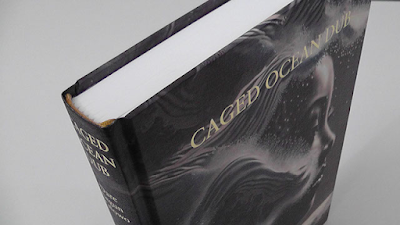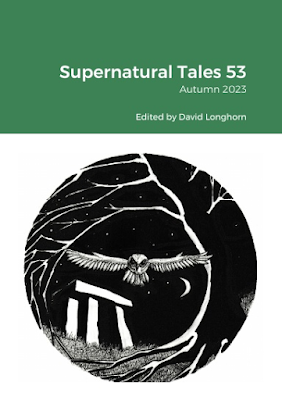Thanks to Helen for taking the time to reply to my questions about her life as a writer and her new novel, which sounds fascinating!
Lots of people write in childhood but then stop. Did you –
like many writers – simply keep going?
I did indeed write in childhood – both for my own amusement
and for school assignments, which I absolutely loved. At my primary school we
had one particular teacher who was really interested in creative writing and
would set us quite challenging topics. The supposed punishment for some
misdemeanour or other was to write two sides on "an empty room" and I
always kind of fancied doing that! And yes, I did just keep going, though the
types of things I wrote varied. When I started working, I didn't have a lot of
time for writing, but whenever I travelled anywhere (which I did a lot in my
20s) I kept diaries. I still have them: scruffy handwritten notebooks full of
remarks like "We are currently camping in a police compound in Loreli in
the Baluchistan region, as there are bandits around here." I always wanted
to write novels, but it wasn’t until the early 2000s, when we moved to Germany
and I was at home with two young kids, that I had enough time to do that. By
that time, my head was absolutely bursting with ideas. I used to drop the
children off at Kindergarten at 7.30am and then work like a demon until noon,
when I had to pick them up again. Limited time certainly concentrates the mind.
My first published novel, The Vanishing of Katharina Linden, was written
in those circumstances. I haven't stopped since.
You began as a YA author – was that in part because you
wanted to emulate favourite authors you read as a girl?
I have always had authors I admire – M.R.James, obviously,
among others – but that was not an influence on my first works being YA. I
didn't actually set out to write YA at all; my first book was simply the book I
felt moved to write, and when my agent showed it to publishers, Penguin picked
it up for their YA range. I've never adopted different styles for my
"YA" work and my adult stuff. The thing that probably categorised my
first six novels as YA was the fact that the protagonists are all young: teens
or even pre-teens. I suppose the other thing is that even where there is gore
in my work, I tend to write euphemistically about it; I concentrate on the
light flashing on the blade as it descends, rather than the knife burying
itself in someone's flesh. That's probably perceived as more suitable for the
YA market, but that genuinely isn't why I write that way. If I do emulate
favourite authors, it's because I admire the way they express the unspeakable
without rubbing the reader's nose in it. M.R.James is an absolute master at
this. In "Count Magnus", for example, he tells us, " I tell
you this about Anders Bjornsen, that he was once a beautiful man, but now his
face was not there, because the flesh of it was sucked away off the bones. You
understand that? My grandfather did not forget that. And they laid him on the
bier which they brought, and they put a cloth over his head, and the priest
walked before; and they began to sing the psalm for the dead as well as they
could. So, as they were singing the end of the first verse, one fell down, who
was carrying the head of the bier, and the others looked back, and they saw
that the cloth had fallen off, and the eyes of Anders Bjornsen were looking up,
because there was nothing to close over them. And this they could not bear.
Therefore the priest laid the cloth upon him, and sent for a spade, and they
buried him in that place." So poor Anders Bjornsen has literally had his
face destroyed – blood everywhere, eyeballs sitting there in the naked skull –
but somehow M.R.James manages to tell us this without being gross. That gets a
chef's kiss from me.
Your first book, The Vanishing of Katharina Linden,
was shortlisted for the Carnegie Medal – did that shock you or were you all
‘yeah, damn right it’s good’?
Ach – in my debut days I don't think I realised how damn'
lucky I was to get that shortlisting. I probably wasn't shocked enough.
When you consider how many books come out every year, it was an amazing thing
to happen, and also super helpful – even now, over a decade later, I get a tiny
sales blip whenever the Carnegie is in the news. I don't think I'm a literary
genius or anything. Generally when a piece of work is finished, I am pleased
with it, but I don't think I'm more deserving than the next person. It's a
certainty that there are brilliant, beautifully-written books out there which
don't win anything.








